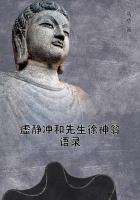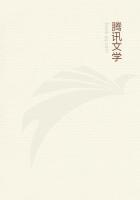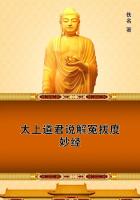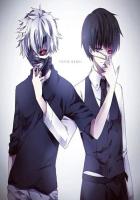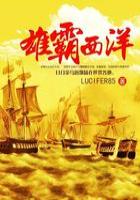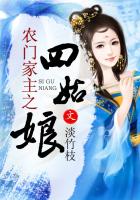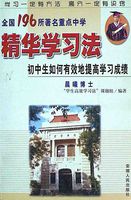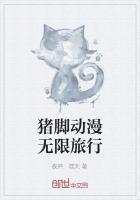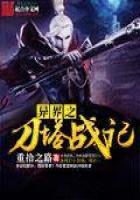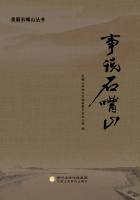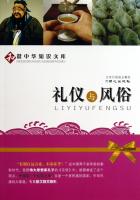It is these great ideas, as to either facts or problems, that give the seriousness, the earnestness to the literature of the Bible.Men who express great ideas in literary form are not dilettante about them.One of the English writers just now prominent as an essayist is often counted whimsical, trifling.One of his near friends keenly resents that opinion, insists instead that he is dead in earnest, serious to the last degree, purposeful in all his work.What makes that so difficult to believe is that there is always a tone of chaffing in his essays.He seems always to be making fun of himself or of other people; and if he is dead in earnest he has the wrong style to make great literature or literature that will live long.
It is that earnestness and greatness of theme which puts the tang into the English of the Bible.Coleridge says that "after reading Isaiah or the Epistle to the Hebrews, Homer and Virgil are disgustingly tame, Milton himself barely tolerable." It need not be put quite so strongly as that; but there is large warrant of fact in that expression.
Go a little farther in thought of the literary characteristics of the Bible.Notice the variety of the forms involved.Recall Professor Moulton's four cardinal points in literature, all of it taking one of these forms: either description, when a scene is given in the words of the author, as when Milton and Homer describe scenes without pretending to give the words of the actors throughout; or, secondly, presentation, when a scene is given inthe words of those who took part in it, and the author does not appear, as, of course, in the plays of Shakespeare, when he never appears, but where all his sentiments are put in the words of others.As between those two, the Bible is predominantly a book of description, the authors for the most part doing the speaking, though there is, of course, an element of presentation.Professor Moulton goes on with the two other phases of literary form: prose, moving in the region limited by facts, as history and philosophy deal only with what actually has existence; and poetry, which by its Greek origin means creative literature.He reminds us that, however literature starts, these are the points toward which it moves, the paths it takes.All four of them appear in the literature of the English Bible.You have more of prose and less of poetry; but the poetry is there, not in the sense of rhyme, but in the sense of real creative literature.
A more natural way of considering the literature has been followed by Professor Gardiner.He finds four elements in the literature of the Bible: its narrative, its poetry, its philosophizing, and its prophecy.It is not necessary for our purpose to go into details about that.We shall have all we need when we realize that, small as the volume of the book is, it yet does cover all these types of literature.Its difference from other books is that it deals with all of its subjects so compactly.
It will accent this fact of its variety if we note the musical element in the literature of the Bible.It comes in part from the form which marks the original Hebrew poetry.It has become familiar to say that it is not of the rhyming kind.Rather it is marked by the balancing of phrases or of ideas, so that it runs in couplets or in triplets throughout.In the Psalms there is always a balance of clauses.They are sometimes adversative; sometimes they are simply cumulative.Take several instances from the 119th Psalm, each a complete stanza of Hebrew poetry; (verse 15) "I will meditate in thy precepts, and have respect unto thy ways"; or this (verse 23), "Princes also did sit and speak against me: but thy servant did meditate in thy statutes"; or this (verse 45), "And I will walk at liberty: for I seek thy precepts"; (verse 51,) "The proud have had me greatly in derision: yet have I not inclined from thy law." Each presents a parallel or a contrast of ideas.That is the characteristic mark of Hebrew poetry.It results in a kindof rhythm of the English which makes it very easy to set to music.Some of it can be sung, though for some of it only the thunder is the right accompaniment.But it is not simply in the balance of phrases that the musical element appears.Sometimes it is in a natural but rhythmic consecution of ideas.The 35th chapter of Isaiah, for example, is not poetic in the Hebrew, yet it is remarkably musical in the English.Read it aloud from our familiar version:

